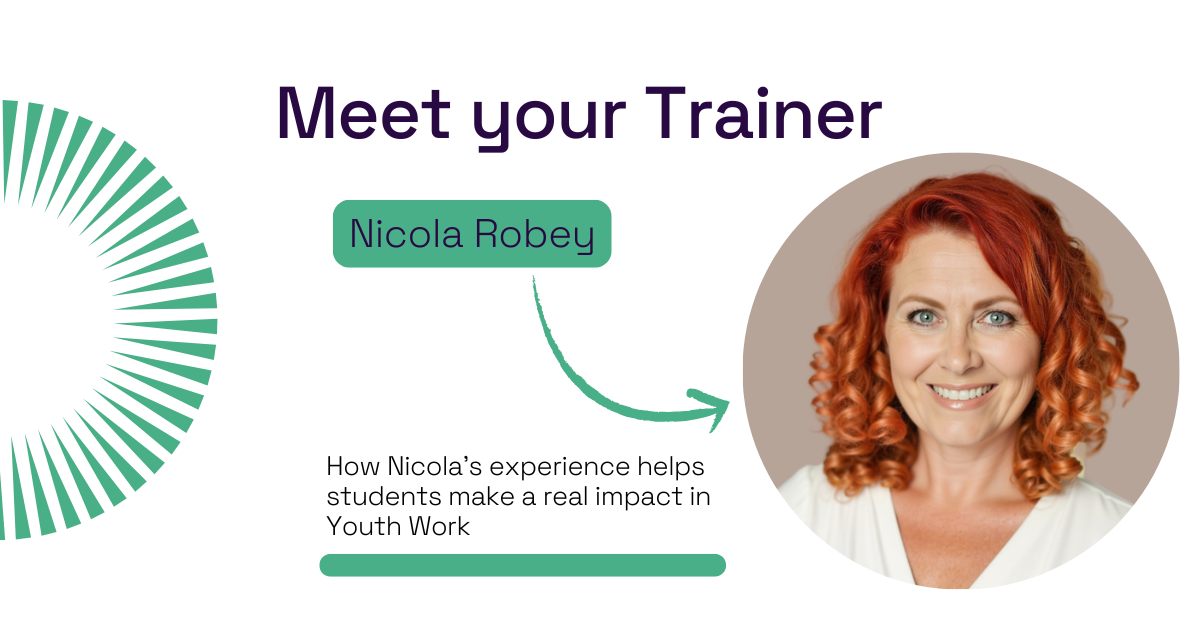Explore our collection of informative and educational blog posts to stay updated on the latest industry trends and expert advice.
Skills you will need as a bookkeeper

Are you interested in working as a bookkeeper in an established company, or even by starting your own business? Bookkeeping is an exciting and varied role that can provide you with lots of opportunities. You can work in or across a variety of industries too, from retail and education to construction and health care.
In terms of jobs, the field has remained relatively stable over the last five years. However, you can expect to see some growth in the future. By 2023, Job Outlook predicts that there will be 118,500 bookkeepers across Australia, with around 10,000 job openings each year. This job growth means there are lots of potential opportunities for you if you decide to pursue a career in this field.
Before taking the next steps, make sure you understand what the role entails. You should also consider what skills you will need and how you can improve upon them, to help stand out amongst other job candidates and to do your job well.
What are the responsibilities of a bookkeeper?
As a bookkeeper, you will have a variety of tasks to perform on a day-to-day basis. These will vary from job type and industry, but here is just a small selection of tasks for you to consider:
- Record financial transactions in the general ledger
- Monitor cash flow
- Ensure financial statements are up to date
- Invoice clients and chase customers for payments
- Reconcile accounts against bank statements
- Pay suppliers
- Process payroll
- Report any irregularities to management
What skills do you need to be a good bookkeeper?
There are various skills that you will need to master as a bookkeeper, but here are just a few key ones to think about:
Strong communication skills
Excellent communication skills are a must. As a bookkeeper, you will need to interact with other people daily. This could be other colleagues, managers and clients, either face-to-face or in writing such as via email. It’s also important not to forget the benefits of good listening.
Proficient computer skills
Some paper-based bookkeeping does still exist, but you’ll find that many processes have been digitised, in the aim of becoming more efficient. You will, therefore, need to use a computer for a lot of your role, including online accounting software such as Xero and Wave. As well as being able to use the latest technologies, you will need to be able to adapt to any new ones that arise in the future.
Good organisation
As a bookkeeper, you will be responsible for managing the day-to-day finances of a business. With lots of bank transactions, receipts, invoices and strict deadlines, you’ll need to be very organised, to keep everything well-managed and delivered on time.
Attention to detail
You will be working with financial information, and so you can’t afford to overlook minor details. You will always need to be precise with your record-keeping and log figures accurately.
A passion for learning
Over time, there may be changes to industry rules and regulations, new best practices, advancements in technology and more. It’s, therefore, essential that you stay up to date with these developments through continuous learning.
An understanding of basic bookkeeping principles
To progress in this field and to do your job well, you will need to be able to grasp all the basic bookkeeping principles. There will also be some accounting language that is important for you to understand.
How can you improve your bookkeeping skills?
By developing your bookkeeping skills, you can stand out more from other candidates and give yourself a better chance of securing your dream job. Research from Job Outlook even shows that 59% of bookkeepers have a Certificate III or higher.
At Open Colleges, you could enrol on FNS40217 Certificate IV in Accounting and Bookkeeping. This is a flexible, online course that will provide you with all the basic bookkeeping and accounting knowledge you need, to help you get to where you want to go. You’ll learn how to prepare financial reports, how to operate accounting systems and much more.








